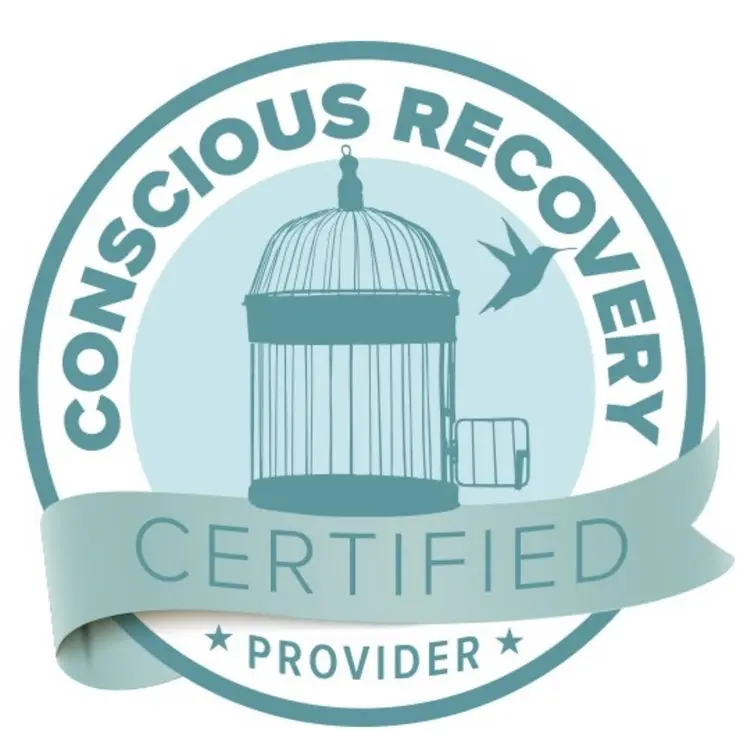Attachment disorders are complex mental health conditions that stem from disrupted early relationships and can significantly impact how we connect with others throughout our lives. While attachment disorders are primarily diagnosed in childhood, their effects often persist into adulthood, creating significant challenges in forming and maintaining healthy relationships, regulating emotions, and developing a stable sense of self.
Monima Wellness Center is a specialized women’s mental health and trauma treatment center in San Diego, offering trauma-informed treatment that addresses both the psychological and relational aspects of healing attachment trauma. Our comprehensive women’s treatment programs provide the intensive support necessary to heal attachment wounds and foster healthier relationship patterns.
Take The Attachment Style Quiz
Understanding your attachment style is the first step toward building healthier, more secure relationships. Our comprehensive attachment style assessment can serve as a starting point to help you identify patterns, understand triggers, and recognize how your early experiences may be affecting your current relationships.
Understanding Attachment Disorders in Adults

Attachment disorders develop when early caregiving relationships fail to provide the consistent, nurturing environment necessary for healthy emotional development. While the Diagnostic and Statistical Manual of Mental Disorders (DSM-5) recognizes Reactive Attachment Disorder (RAD) and Disinhibited Social Engagement Disorder (DSED) as childhood conditions, the effects of early attachment disruption often continue well into adulthood.
The Foundation of Attachment
Attachment theory, developed by psychologist John Bowlby, explains how our earliest relationships shape our capacity for emotional connection throughout life. When children experience consistent, responsive caregiving, they develop secure attachment patterns. However, when early relationships are characterized by neglect, abuse, inconsistency, or trauma, insecure attachment patterns emerge that can persist into adulthood.
Research shows that individuals with attachment disorders in childhood often continue to struggle with:
- Difficulty trusting others
- Challenges with emotional regulation
- Problems maintaining intimate relationships
- Persistent feelings of emptiness or disconnection
- Heightened sensitivity to rejection or abandonment
Signs and Symptoms of Attachment Disorders in Adults

Adults with attachment disorders may experience a range of symptoms that impact their daily functioning and relationships. Understanding these signs is crucial for recognizing when professional treatment may be beneficial.
Emotional Symptoms
- Emotional dysregulation: Intense emotional reactions that seem disproportionate to situations
- Chronic feelings of emptiness: A persistent sense that something is missing or wrong
- Fear of abandonment: Overwhelming anxiety about being left alone or rejected
- Difficulty identifying emotions: Challenges recognizing and naming feelings
- Emotional numbing: Shutting down emotionally to avoid painful feelings
Relational Symptoms
- Trust issues: Extreme difficulty trusting others, even in close relationships
- Boundary problems: Either having no boundaries or overly rigid boundaries
- Relationship patterns: Repeatedly choosing unhealthy partners or sabotaging good relationships
- Social withdrawal: Avoiding close relationships to prevent potential hurt
- Attachment anxiety: Becoming overly dependent on partners or constantly seeking reassurance
Behavioral Symptoms
- Self-destructive behaviors: Engaging in activities that harm physical or emotional well-being
- Difficulty with authority: Problems with bosses, teachers, or other authority figures
- Impulsivity: Acting without considering consequences, especially in relationships
- Hypervigilance: Constantly scanning for signs of rejection or danger
- People-pleasing: Sacrificing personal needs to maintain relationships
The Trauma Connection

Attachment disorders in adults are intrinsically linked to trauma. The disrupted early relationships that create attachment disorders are themselves traumatic experiences that can have lasting effects on brain development and emotional regulation. At Monima Wellness Center, our trauma-informed approach recognizes this fundamental connection and addresses both attachment wounds and trauma responses simultaneously.
Types of Early Trauma That Contribute to Attachment Disorders
- Childhood abuse: Physical, emotional, or sexual abuse by caregivers
- Neglect: Failure to meet basic emotional or physical needs
- Inconsistent caregiving: Unpredictable responses to a child’s needs
- Separation or loss: Early separation from primary caregivers
- Caregiver mental health issues: When caregivers struggle with their own untreated trauma or mental health challenges
The Neurobiological Impact
Trauma and attachment disruption actually change the developing brain, particularly in areas responsible for:
- Emotional regulation
- Stress response
- Social connection
- Trust and safety assessment
- Self-awareness and identity formation
This neurobiological impact explains why attachment disorders often require intensive, specialized treatment that addresses both psychological and physiological aspects of healing.
Attachment Styles in Adults
Understanding adult attachment styles can help identify patterns that may indicate attachment disorder. While attachment styles exist on a continuum, four primary patterns have been identified:
Secure Attachment
Individuals with secure attachment typically:
- Feel comfortable with intimacy and independence
- Have positive views of themselves and others
- Communicate needs effectively
- Manage emotions well during stress
Anxious-Preoccupied Attachment
Those with anxious attachment often:
- Crave closeness but fear abandonment
- Require frequent reassurance from partners
- Experience jealousy and relationship anxiety
- Have difficulty self-soothing during conflicts
Dismissive-Avoidant Attachment
Individuals with avoidant attachment tend to:
- Minimize the importance of close relationships
- Have difficulty expressing emotions
- Maintain emotional distance from partners
- Value independence over intimacy
Fearful-Avoidant Attachment (Disorganized)
Those with disorganized attachment may:
- Want close relationships but fear getting hurt
- Experience conflicting emotions about intimacy
- Have unpredictable relationship patterns
- Struggle with emotional regulation
Treatment Approaches for Attachment Disorders in Adults

Healing from attachment disorders requires comprehensive, trauma-informed treatment that addresses the complex interplay between early experiences and current functioning. Attachment disorder treatment in San Diego, CA at Monima Wellness Center combines evidence-based therapies with holistic approaches to support deep, lasting healing.
Evidence-Based Therapeutic Approaches
- Attachment-Based Therapy: Our specialized attachment-based therapy program helps individuals understand how early relationships impact current patterns and develop healthier ways of connecting with others.
- EMDR Therapy: Eye Movement Desensitization and Reprocessing (EMDR) is particularly effective for processing traumatic memories that contribute to attachment disorders. Our certified EMDR practitioners help clients process these experiences safely and effectively.
- Dialectical Behavior Therapy (DBT): DBT provides essential skills for emotional regulation, distress tolerance, and interpersonal effectiveness—all crucial for individuals with attachment disorders.
- Cognitive Behavioral Therapy (CBT): CBT helps identify and change negative thought patterns that perpetuate attachment difficulties.
- Trauma-Focused Therapies: Our comprehensive trauma treatment addresses the underlying traumatic experiences that contribute to attachment disorders.
Holistic Healing Approaches
- Somatic Therapies: Somatic experience therapy helps individuals reconnect with their bodies and process trauma stored in the nervous system.
- Trauma-Informed Yoga: Our trauma-informed yoga program provides a safe way to rebuild the connection between mind and body.
- Breathwork: Breathwork techniques help regulate the nervous system and promote emotional stability.
- Traditional Chinese Medicine: Acupuncture and Traditional Chinese Medicine approaches support overall healing and emotional balance.
The Importance of Comprehensive Care

Attachment disorders in adults rarely exist in isolation. They often co-occur with other mental health conditions such as:
This complexity requires a treatment approach that can address multiple conditions simultaneously. At Monima Wellness Center, our neuropsychological assessment process ensures that all aspects of an individual’s mental health are thoroughly evaluated and addressed in treatment.
Gender-Specific Considerations
Women with attachment disorders often face unique challenges related to:
- Societal expectations around relationships and caregiving
- Higher rates of interpersonal trauma
- Reproductive health and parenting concerns
- The intersection of gender and trauma
Our women-focused treatment environment provides a safe space to address these gender-specific aspects of attachment healing without judgment or pressure to conform to external expectations.
Levels of Care for Attachment Disorder Treatment
Our women’s services include specialized programs for related conditions that often co-occur with attachment disorders, providing comprehensive care that addresses all aspects of mental health and wellbeing. Monima Wellness Center offers multiple levels of care to meet the varying needs of women with attachment disorders:
Partial Hospitalization Program (PHP)
Our PHP program provides intensive daily treatment for individuals who need comprehensive support while maintaining some connection to their daily lives. This level of care is ideal for those with severe attachment disorders that significantly impact functioning.
Intensive Outpatient Program (IOP)
The IOP program offers flexible, part-time treatment that can be adapted to individual schedules and needs. This option works well for those stepping down from more intensive care or those who need significant support while maintaining work or family responsibilities.
The Healing Journey: What to Expect

Recovery from attachment disorders is a process that unfolds over time. While the journey is unique for each individual, common phases include:
Phase 1: Safety and Stabilization
- Developing coping skills for emotional regulation
- Creating safety in relationships and daily life
- Building trust with treatment providers
- Learning to identify and express emotions
Phase 2: Processing and Integration
- Working through traumatic memories safely
- Understanding the connection between past and present
- Developing new relationship patterns
- Challenging negative beliefs about self and others
Phase 3: Reconnection and Growth
- Building healthy relationships
- Developing a coherent sense of identity
- Integrating new insights into daily life
- Continuing growth and healing beyond formal treatment
Why Choose Specialized Treatment?
Attachment disorders in adults require specialized care from providers who understand the complex relationship between early trauma and current functioning. At Monima Wellness Center, our comprehensive approach addresses:
- The neurobiological impact of trauma
- The need for corrective relational experiences
- The importance of gender-specific treatment
- The integration of multiple therapeutic modalities
- The necessity of intensive, sustained support
Our team of expert clinicians has extensive training in trauma-informed care and attachment-focused therapies, ensuring that each woman receives the specialized attention her unique situation requires.
Research and Evidence
Numerous studies support the effectiveness of trauma-informed, attachment-focused treatment for adults with attachment disorders. Research consistently shows that:
- Intensive therapy programs produce better outcomes than less frequent treatment
- Combining multiple therapeutic modalities enhances healing
- Gender-specific treatment environments improve outcomes for women
- Trauma-informed care is essential for addressing attachment disorders
- Somatic and body-based approaches complement traditional therapy
Begin Your Healing Attachment Wounds at Monima Wellness

Recognizing that you may have an attachment disorder is the first step toward healing. If you identify with the symptoms and patterns described in this resource, please know that recovery is possible with the right support and treatment.
At Monima Wellness Center, we understand the courage it takes to reach out for help with attachment-related challenges. Our compassionate team is trained to create a safe, non-judgmental environment where healing can begin.
Healing from attachment trauma is possible, and you don’t have to face this journey alone.
References
- Turner, M., Beckwith, H., Duschinsky, R., Forslund, T., Foster, S. L., Coughlan, B., Pal, S., & Schuengel, C. (2019). Attachment difficulties and disorders. InnovAiT, 12(4), 173. https://doi.org/10.1177/1755738018823817
- Ellis EE, Yilanli M, Saadabadi A. Reactive Attachment Disorder. [Updated 2023 May 1]. In: StatPearls [Internet]. Treasure Island (FL): StatPearls Publishing; 2025 Jan-. Available from: https://www.ncbi.nlm.nih.gov/books/NBK537155/
- Guyon-Harris, K. L., Humphreys, K. L., Miron, D., Gleason, M. M., Nelson, C. A., Fox, N. A., & Zeanah, C. H. (2019). Disinhibited Social Engagement Disorder in Early Childhood Predicts Reduced Competence in Early Adolescence. Journal of abnormal child psychology, 47(10), 1735–1745. https://doi.org/10.1007/s10802-019-00547-0
- Cassidy, J., Jones, J. D., & Shaver, P. R. (2013). Contributions of attachment theory and research: a framework for future research, translation, and policy. Development and psychopathology, 25(4 Pt 2), 1415–1434. https://doi.org/10.1017/S0954579413000692
- Lee, A., & Hankin, B. L. (2009). Insecure attachment, dysfunctional attitudes, and low self-esteem predicting prospective symptoms of depression and anxiety during adolescence. Journal of clinical child and adolescent psychology : the official journal for the Society of Clinical Child and Adolescent Psychology, American Psychological Association, Division 53, 38(2), 219–231. https://doi.org/10.1080/15374410802698396
- Sagone, E., Commodari, E., Indiana, M. L., & La Rosa, V. L. (2023). Exploring the Association between Attachment Style, Psychological Well-Being, and Relationship Status in Young Adults and Adults-A Cross-Sectional Study. European journal of investigation in health, psychology and education, 13(3), 525–539. https://doi.org/10.3390/ejihpe13030040
- Medical News Today. (n.d.). Attachment disorder in adults: Symptoms, causes, and more. Retrieved June 16, 2025, from https://www.medicalnewstoday.com/articles/attachment-disorder-in-adults
- Diamond, G., Diamond, G. M., & Levy, S. (2021). Attachment-based family therapy: Theory, clinical model, outcomes, and process research. Journal of affective disorders, 294, 286–295. https://doi.org/10.1016/j.jad.2021.07.005



